Smart Home Essentials: Must-Have Devices According to Experts
Introduction to Smart Home Essentials
In today’s digital age, the concept of a smart home has revolutionized the way we interact with our living spaces. Smart home devices are not just gadgets; they’re essential tools that enhance convenience, efficiency, and security in our daily lives. Experts agree that investing in the right smart home essentials can significantly improve comfort and streamline household management.
Smart Speakers and Virtual Assistants
One of the cornerstone devices of any smart home is the smart speaker equipped with a virtual assistant. Brands like Amazon with Alexa, Google with Assistant, and Apple with Siri dominate this space, offering voice-activated control over various tasks from playing music to managing schedules. These speakers also serve as central hubs for other smart devices, enabling seamless integration and control through voice commands or apps.
Smart Thermostats
Smart thermostats are pivotal in optimizing energy usage and maintaining comfortable indoor temperatures. They learn household routines, adjust settings automatically, and provide detailed energy consumption reports via intuitive interfaces. This not only reduces utility bills but also minimizes environmental impact by efficiently managing heating and cooling systems.
Smart Lighting Systems
Gone are the days of traditional light switches. Smart lighting systems offer unparalleled flexibility and control. From dimmable bulbs to color-changing LEDs, these systems allow users to create personalized ambiance and schedule lighting routines. Integration with voice assistants and motion sensors enhances convenience while boosting energy efficiency.
Smart Security Systems
Security is paramount in any home, and smart security systems offer advanced surveillance and monitoring capabilities. High-definition cameras, motion sensors, and smart locks provide real-time alerts and remote access, empowering homeowners to safeguard their property from anywhere via smartphone apps. These systems also deter potential intruders with visible security measures.
Smart Appliances
Modern kitchens and laundry rooms benefit greatly from smart appliances that simplify daily tasks. Smart refrigerators track food inventory, suggest recipes, and even create shopping lists. Meanwhile, smart washers and dryers offer remote monitoring and control, optimizing laundry cycles for efficiency and convenience.

Smart Entertainment Systems
Transforming your living room into a home theater is effortless with smart entertainment systems. From smart TVs with streaming capabilities to immersive audio setups, these devices deliver cinematic experiences at home. Integration with streaming platforms and voice commands further enhances user convenience and entertainment options.
Smart Health and Wellness Devices
Monitoring health metrics and wellness goals is made easier with smart health devices. Wearable fitness trackers, smart scales, and blood pressure monitors sync data to mobile apps, providing actionable insights and progress tracking. These devices promote proactive health management by facilitating personalized health routines and goals.
Smart Home Automation Hubs
Central to any smart home setup is the automation hub that acts as a control center for interconnected devices. These hubs, such as Samsung SmartThings or Hubitat Elevation, ensure compatibility across different brands and protocols, allowing users to manage multiple devices simultaneously through a single interface.
Cost Considerations
While the initial investment in smart home devices can seem daunting, the long-term benefits often outweigh the costs. Energy savings, enhanced security, and improved convenience contribute to a higher quality of life and potentially lower maintenance expenses over time. Additionally, choosing scalable systems and opting for budget-friendly options can help manage upfront costs effectively.
Installation and Setup Tips
Installing smart home devices can be straightforward with the right approach. Many devices offer DIY installation guides, but complex systems may benefit from professional installation services to ensure optimal performance and integration. Troubleshooting common issues like connectivity problems or software updates is essential for maintaining seamless operation.

Future Trends in Smart Home Technology
The landscape of smart home technology continues to evolve with promising advancements on the horizon. Innovations such as AI-driven automation, enhanced IoT connectivity, and sustainable smart solutions are set to redefine how we interact with our homes. These trends promise greater efficiency, reliability, and personalization in smart home ecosystems.
Security and Privacy Concerns
With the convenience of smart devices comes the responsibility of safeguarding personal data and privacy. Implementing robust security measures such as strong passwords, firmware updates, and encryption protocols is crucial in preventing unauthorized access. Awareness of potential vulnerabilities and adherence to best practices can mitigate risks associated with smart home technology.
User Experience and Interface Design
Ensuring a positive user experience is key to widespread adoption of smart home devices. Intuitive interfaces, accessibility features, and responsive customer support contribute to user satisfaction and ease of use. Incorporating user feedback into product development fosters continuous improvement and innovation in smart home technology.
Conclusion
In conclusion, integrating smart home essentials according to expert recommendations can significantly enhance daily living. From improving energy efficiency with smart thermostats to enhancing security with surveillance systems, these devices offer tangible benefits that justify their adoption. As technology advances, the future of smart homes promises even greater innovation and convenience for homeowners worldwide.
FAQs
- What are the must-have smart home devices for beginners? Beginners should consider starting with smart speakers, smart lighting systems, and a smart thermostat for foundational automation and convenience.
- How secure are smart home devices against hacking? Smart home devices can be secure with proper setup and maintenance. Regular updates, strong passwords, and using reputable brands can minimize security risks.
- Can smart home devices really save on energy bills? Yes, smart thermostats and energy-efficient smart appliances can help reduce energy consumption by optimizing usage patterns based on real-time data.
- Are smart home devices compatible with older homes? Yes, many smart home devices are designed to be compatible with older homes. However, compatibility may vary based on the specific device and its requirements.
- What should I consider before investing in a smart home automation hub? Factors to consider include compatibility with existing devices, ease of setup, range of supported protocols, and the long-term scalability of the system.
This comprehensive article aims to educate readers on the essential smart home devices, providing practical insights and guidance for creating a connected and efficient home environment.



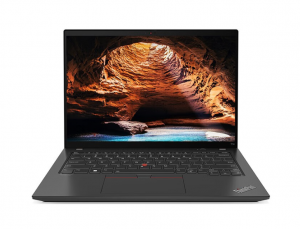
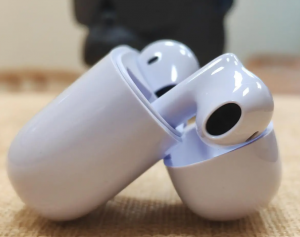
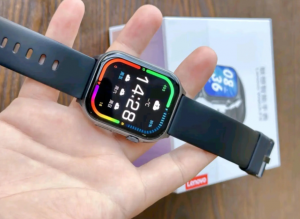
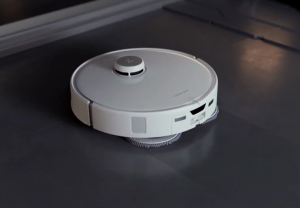

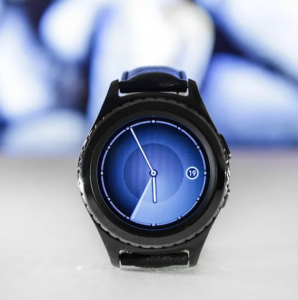



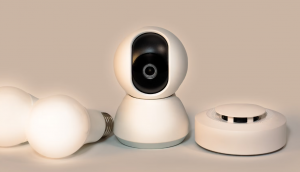
Post Comment